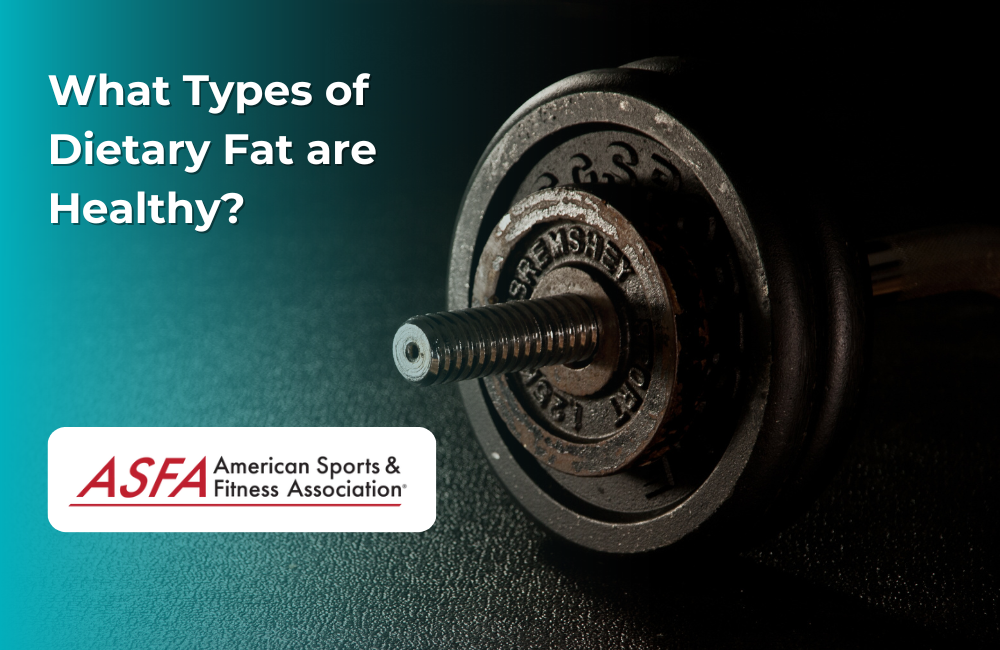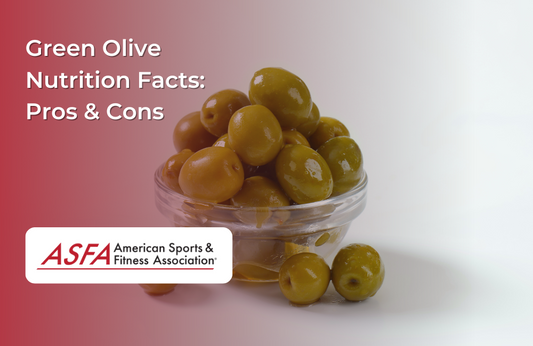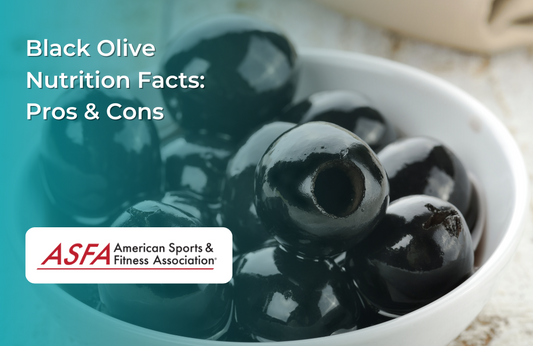Your healthy dietary fats are unsaturated fats, which include two main types: monounsaturated fats and polyunsaturated fats. These fats are considered “good” fats within the fields of diet, fitness, health, nutrition, and wellness due to the numerous health benefits they provide when consumed in moderation. Both types of unsaturated fats play a crucial role in maintaining optimal health, particularly in supporting heart health, cholesterol management, and overall well-being. By understanding the differences between these fats and incorporating them into your diet correctly, you can improve your nutrition and enhance your health. A diet coach program or a certified personal trainer with a dietary management certification can help you navigate which foods contain these beneficial fats and create a personalized eating plan for your specific health goals.
Understanding Dietary Fat
Dietary fat is an essential nutrient that plays a crucial role in maintaining a healthy body. It provides energy, helps absorb vitamins, and maintains healthy skin and hair. However, not all fats are created equal, and understanding the different types of dietary fat is crucial for making informed choices about your diet.
Monounsaturated Fats: The Healthier Type of Healthy Fat
Monounsaturated fat is widely regarded as the healthier of the two types of unsaturated fats. These fats come primarily from plant-based sources and are usually liquid at room temperature but become solid when chilled. Monounsaturated fats are recognized for their role in supporting heart health, and they are often recommended for those looking to reduce their risk of cardiovascular disease and manage cholesterol levels.
Sources of Monounsaturated Fats:
-
Olives and olive oil: A cornerstone of the Mediterranean diet, olive oil is rich in monounsaturated fats and offers anti-inflammatory benefits as well as protection against heart disease.
-
Avocados: A nutrient-dense fruit packed with healthy monounsaturated fats, avocados also provide fiber, vitamins, and minerals.
-
Peanuts and peanut butter: While high in calories, peanuts and peanut butter are excellent sources of monounsaturated fats. When consumed in moderation, they can support a balanced diet and contribute to healthy fat intake.
-
Canola oil and peanut oil: These oils are common in cooking and baking, providing a versatile source of monounsaturated fats that can replace less healthy fats like butter or margarine.
Health Benefits of Monounsaturated Fats:
-
Lowering the risk of heart disease: Diets rich in monounsaturated fats have been shown to reduce bad cholesterol (LDL) levels while maintaining or even increasing good cholesterol (HDL) levels. This balance is critical for protecting against heart disease, stroke, and other cardiovascular issues.
-
Maintaining healthy cholesterol levels: Consuming monounsaturated fats in moderation can help regulate cholesterol, particularly in individuals at risk for high cholesterol or those with a family history of heart disease.
-
Anti-inflammatory properties: Many foods rich in monounsaturated fats, such as olive oil and avocados, also contain antioxidants that help reduce inflammation in the body, further promoting cardiovascular health.
Incorporating monounsaturated fats into your diet is easy, especially when making simple swaps like using olive oil for cooking or adding avocado to salads and smoothies. However, it's important to remember that even healthy fats are calorie-dense, so portion control is essential.
Polyunsaturated Fats: Supporting Heart Health and Immunity
Polyunsaturated fat is another important group of healthy fats, and it plays a key role in reducing cholesterol levels, supporting the immune system, and maintaining overall cardiovascular health. These fats are typically lighter in color than monounsaturated fats and can come from both plant and fish-based sources. Like monounsaturated fats, polyunsaturated fats are generally liquid at room temperature and become solid when chilled.
Polyunsaturated fats are divided into two essential fatty acids: Omega-3 and Omega-6 fatty acids. Both are vital to health, but they have different roles in the body.
Sources of Polyunsaturated Fats:
-
Fish and Omega-3 rich oils: Fatty fish like salmon, mackerel, sardines, and tuna are high in Omega-3 fatty acids, which are known for their heart-protective benefits. Omega-3s are also available in supplements like fish oil and krill oil.
-
Seeds and seed oils: Seeds like flaxseeds, chia seeds, and sunflower seeds, as well as their oils, are excellent sources of polyunsaturated fats, particularly Omega-6 fatty acids.
-
Walnuts: Walnuts are rich in Omega-3 fats and are a great plant-based alternative for those who don't consume fish.
-
Flaxseed oil and Omega-3/Omega-6 oils: These oils provide a concentrated source of polyunsaturated fats and are often used in cooking, dressings, or taken as supplements.
Health Benefits of Polyunsaturated Fats:
-
Lowering cholesterol: Polyunsaturated fats help reduce total cholesterol levels, particularly by lowering LDL cholesterol, which is linked to an increased risk of heart disease.
-
Strengthening the immune system: Omega-3 and Omega-6 fatty acids are crucial for maintaining immune health. They help regulate the body's inflammatory responses and are involved in cell membrane function, both of which are key to immune function.
-
Supporting heart health: Omega-3 fatty acids, in particular, are associated with a reduced risk of heart attacks and strokes. They help lower triglyceride levels, reduce inflammation, and prevent the buildup of arterial plaque.
-
Lowering blood pressure: Regular consumption of polyunsaturated fats, particularly Omega-3s from fatty fish, has been shown to lower blood pressure, making them beneficial for people with hypertension.
Incorporating polyunsaturated fats into your diet can be as simple as adding seeds to your meals, snacking on walnuts, or including fatty fish in your weekly meal plans. Omega-3 and Omega-6 oils can also be used as salad dressings or drizzled over vegetables for an easy way to boost healthy fat intake.
Unhealthy Fats
Limiting Saturated and Trans Fats
Saturated fats and trans fats are considered unhealthy fats because they can increase the risk of heart disease and other health problems. Saturated fats are found in high amounts in animal products, such as meat and dairy, as well as in some plant-based oils, such as coconut and palm oil. Trans fats, on the other hand, are created during a process called hydrogenation, which converts liquid vegetable oils into solid fats. Partially hydrogenated oils, such as those found in some processed snacks and baked goods, are a major source of trans fats.
Limiting saturated and trans fats in your diet can help reduce your risk of heart disease and other health problems. The American Heart Association recommends limiting saturated fat to 5-6% of daily calories and avoiding trans fats altogether.
Healthy Fat Sources
Healthy fats, such as monounsaturated and polyunsaturated fats, are essential for maintaining a healthy body. These fats can help lower cholesterol levels, reduce inflammation, and improve heart health.
Foods Rich in Healthy Fats
Some of the best sources of healthy fats include:
-
Avocados: Rich in monounsaturated fats, avocados are a great source of healthy fat.
-
Olive oil: A rich source of monounsaturated fats, olive oil is a healthy choice for cooking and dressing salads.
-
Nuts and seeds: Many nuts and seeds, such as almonds, walnuts, and chia seeds, are rich in healthy fats.
-
Fatty fish: Fatty fish, such as salmon and sardines, are rich in polyunsaturated fats, including omega-3 fatty acids.
-
Vegetable oils: Many vegetable oils, such as canola and grapeseed oil, are rich in healthy fats.
Replacing saturated fats with healthy fats, such as monounsaturated and polyunsaturated fats, can help improve heart health and reduce the risk of cardiovascular disease. By incorporating these healthy fats into your diet, you can take a step towards a healthier, happier you.
Why Fats Are Essential to Your Diet
Fats are often misunderstood in diet and nutrition, but they are an essential macronutrient that provides energy, supports cell growth, and helps your body absorb essential vitamins like A, D, E, and K. Healthy fats, particularly monounsaturated and polyunsaturated fats, are crucial for long-term health and should be included in a balanced diet.
Here are a few reasons why healthy fats are important:
-
Taste and satisfaction: Fats make food taste better and help you feel satisfied after eating, which can help prevent overeating and support weight management.
-
Weight loss and management: While fats are high in calories, they help keep you full for longer, reducing the likelihood of frequent snacking and helping with portion control. Healthy fats, in moderation, can support a well-balanced weight loss plan.
-
Brain function: Omega-3 fatty acids, found in polyunsaturated fats, are essential for brain health. They support cognitive function, memory, and mood regulation.
Types of Dietary Fat
There are four main types of dietary fat: saturated, trans, monounsaturated, and polyunsaturated. Each type of fat has a different effect on the body, and some are healthier than others.
Moderation Is Key: Understanding Saturated Fats
While unsaturated fats are beneficial, they should still be consumed in moderation. Fats are calorie-dense, and consuming too much can lead to weight gain, even if the fats are healthy. The key is to replace unhealthy fats, like trans fat and saturated fats, with healthier options such as monounsaturated and polyunsaturated fats.
Many diet coach programs, as well as personal trainers with dietary management certifications, can help you determine how much fat you should be consuming based on your individual health needs and fitness goals. They can also assist in crafting a balanced eating plan that incorporates the right types of fats in appropriate amounts.
Conclusion: The Role of Healthy Fats in Your Diet
Monounsaturated and polyunsaturated fats are essential components of a healthy diet, and understanding the different types of fat is crucial for making informed dietary choices. Both types of unsaturated fats offer numerous health benefits, from reducing the risk of heart disease and lowering cholesterol levels to supporting immune function and brain health. By incorporating healthy fats into your diet and consuming them in moderation, you can enhance your overall health and enjoy the long-term benefits they provide.
If you’re interested in learning more about the role of nutrition in fitness and how to incorporate healthy fats into your diet, check out ASFA’s Advanced Sports Nutrition Certification. With 24/7 online accessibility, this certification program will equip you with the knowledge you need to optimize your diet for peak health and performance. Click the link below to get started!





